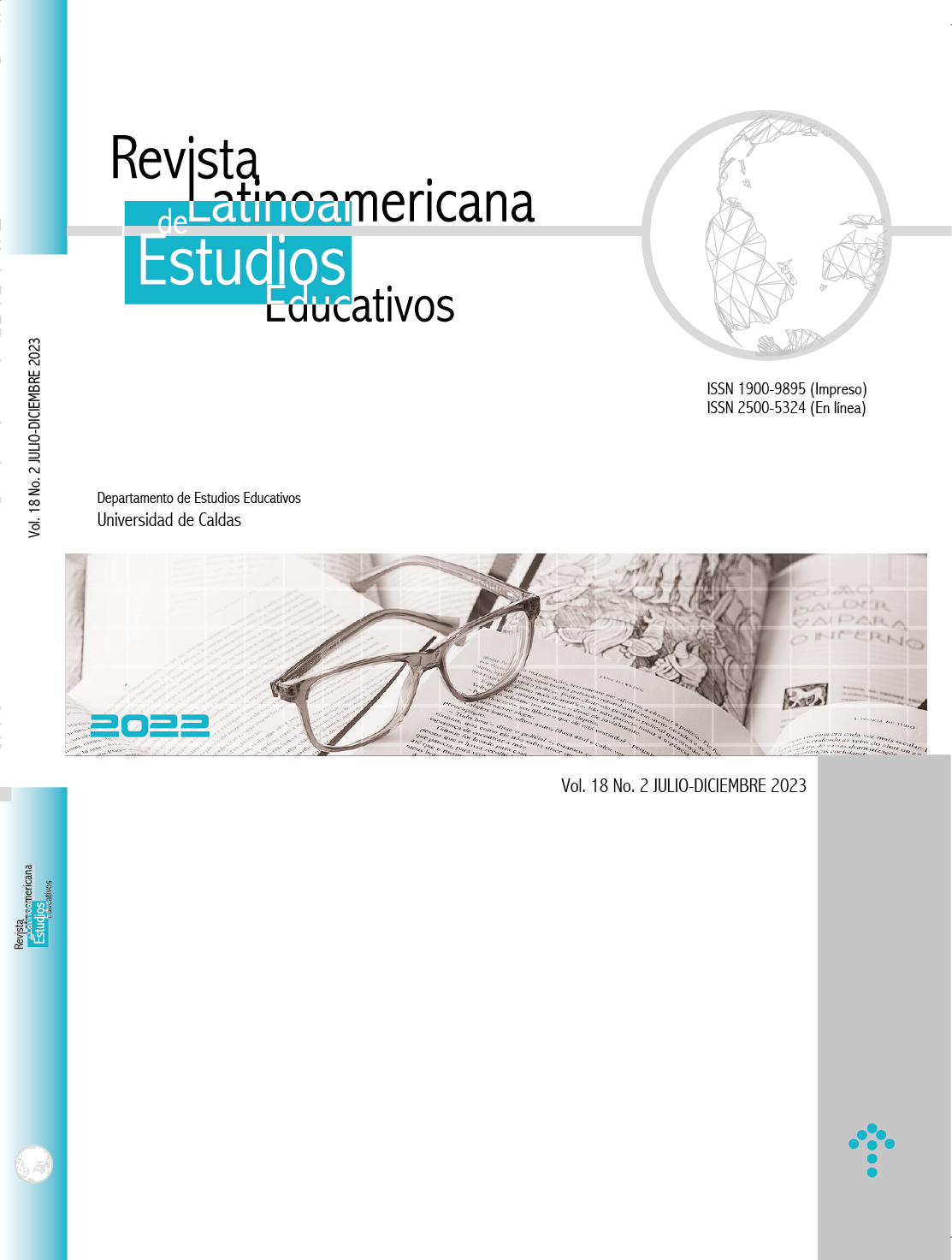Authors
Abstract
Objective: To establish potential adaptations of gamification within the framework of the teaching - learning relationship of programming languages. Materials and methods: Qualitative study in which a gamified learning for the programming area was structured, implementing as a method an adaptation of the educational action research proposed by Elliot. A written report from the students in which they expressed their perceptions about the gamified formative experience at the end of each academic period was used as a data collection instrument. The academic periods that the study was carried out were from the first academic semester of 2018 to the second academic semester of 2019. Results: It was possible to integrate the dynamics, mechanics and game elements into a learning environment which led to a reduction in the failure rates compared to the prior implementation of the study, going from 21% to 8%. Conclusions: gamification increased the motivation of the students by consolidating an emotional and transactional commitment to learn and, additionally, a learning environment based on collaboration and competition was structured.
Keywords:
References
Burke, B. (2014). Gamify.How Gamification Motivates People to Do Extraordinary Things. Routledge.
Elliot, J. (2010). La investigación-acción en educación. Morata.
Enemark, S. y Kjaersdam, F. (2008). El ABP en la teoría y la práctica: La experiencia de Aalborg sobre la innovación del proyecto en la enseñanza universitaria. En U.F. Araújo y G. Sastre Vilarrasa (comps.), El aprendizaje basado en problemas (pp. 67-92). Gedisa.
Flick, U. (2004). Introducción a la investigación cualitativa. Morata.
Gallardo Vásquez, P. y Camacho Herrera, J. M. (2008). La motivación y el aprendizaje en educación. Wanceulen Editorial.
Kapp, K. (2012). The Gamification of Learning and Instruction. John Wiley & Sons.
Kim, S., Song, K., Lockee, B. & Burton, J. (2018). Gamification in Learning and Education. Springer.
Pedraz, P. (29 de agosto de 2017). Dinámicas y mecánicas: esas grandes desconocidas (o no). A la luz de una bombilla. https://www.alaluzdeunabombilla.com/2017/08/29/dinamicas-y-mecanicas-esas-grandes-desconocidas-o-no/
Pilkington, C. (2018). A playful approach to fostering motivation in a distance education computer programming course: behavior change and student perceptions. International Review of Research in Open and Distributed Learning, 19(3), 282-298. http://www.irrodl.org/index.php/irrodl/article/view/3664/4708
Pineda Corcho, A. F. (2014). Modelo tecno-pedagógico basado en ludificación y programación competitiva para el diseño de cursos de programación (tesis de maestría). Universidad Nacional de Colombia, sede Medellín, Colombia. http://bdigital.unal.edu.co/46186/1/1128437818.2014.pdf
Ramírez Castellanos, A. I. (2009). Evaluación de los aprendizajes y desarrollo institucional.Ecoe Ediciones.
Rojas-López, A. (2019). Escenarios de aprendizaje personalizados a partir de la evaluación del pensamiento computacional para el aprendizaje de competencias de programación mediante un entorno b-Learning y gamificación (tesis de doctorado). Universidad de Salamanca, Salamanca, España. https://knowledgesociety.usal.es/users/arturo-rojas-l%C3%B3pez
Sandín, M. (2003). Investigación cualitativa en educación: fundamentos y tradiciones. McGraw Hill.Vygotsky, L. (2013/1934). Pensamiento y Lenguaje. Grupo Planeta.
Werbach, K. & Hunter, D. (2012). For the win: How game thinking can revolutionize your business. Wharton Digital Press.
Zatarain Cabada, R. (2018). Reconocimiento afectivo y gamificación aplicados al aprendizaje de lógica algorítmica y programación. Revista Electrónica de Investigación Educativa, 20(3), 115-125. http://dx.doi.org/10.24320/redie.2018.20.3.1636
Zepeda-Hernández, S., Abascal-Mena, R. y López-Ornelas, E. (2016). Integración de gamificación y aprendizaje activo en el aula. Ra Ximhai, 12(6), 315-325. http://revistas.unam.mx/index.php/rxm/article/view/71889/63419
Zichermann, G. & Cunningham, C. (2011). Gamification by Design. O’Reilly.

 PDF (Español)
PDF (Español)
 FLIP
FLIP
 Perfil Google Scholar
Perfil Google Scholar




















